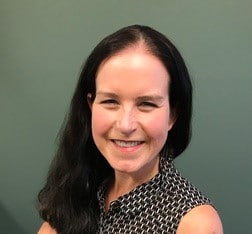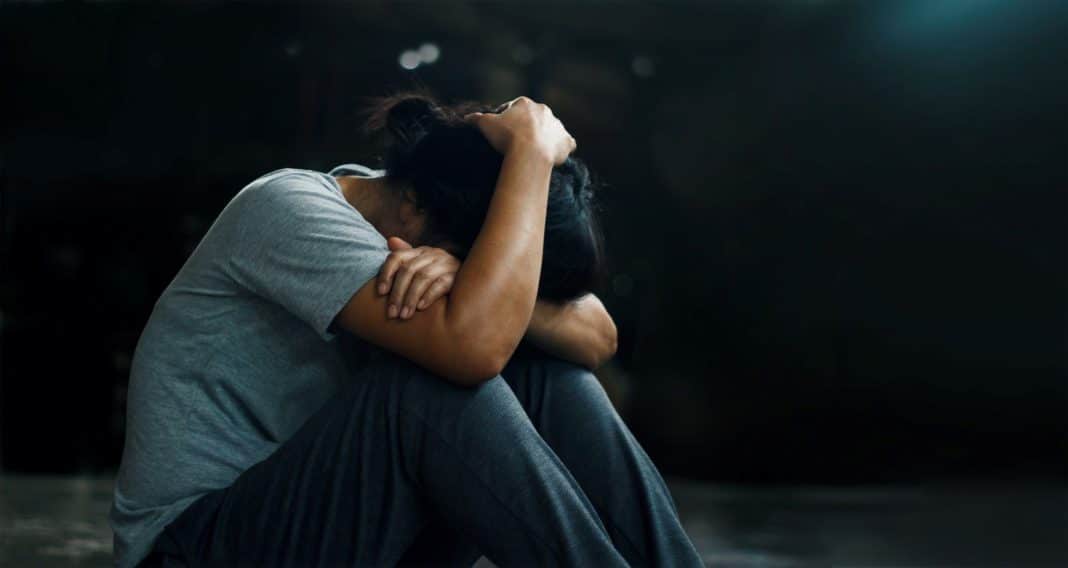In recognition of National Post Traumatic Stress Disorder Awareness Day earlier this week (27 June), clinical psychologist and Assistant Professor in Psychology at the University of Canberra, Dr Vivienne Lewis sat down with CW to discuss PTSD and treatment options.

What is PTSD? How it can affect people and how do people develop it?
“Post Traumatic Stress Disorder is an extreme anxiety disorder that occurs after a person has experienced a traumatic event or series of events. These can include military traumas, child abuse, sexual abuse, traumatic car or work accidents, seeing someone die, and observing others going through something traumatic like witnessing an assault. When a person’s life is threatened or the lives of those they love, such as in a war zone, is another example of where PTSD can occur; for example, people in Ukraine.
“It affects a person’s sense of safety and results in a person feeling often constantly anxious, re-experiencing the event and trauma, nightmares, and can lead to depression and suicidal thinking. A person may be triggered by sights, sounds and thoughts, and re-experience the event and the trauma repeatedly. Some people can no longer work or leave the house as a result of feeling so unsafe and uncomfortable in the world.
“People typically become withdrawn from others and try to avoid triggers, which can even be watching the news. An example of someone who has been sexually assaulted in the past might find it terribly traumatic hearing about others who have experienced sexual abuse, such as what is common in the news at present.”
What are some of the treatments associated with PTSD? Can it be cured?
“It’s important to get help and see a clinical psychologist as they specialise in treating trauma. People learn strategies for dealing with anxiety, depression, sleep, and generally reducing triggers, being kind to oneself and looking after oneself.
“Cognitive Behavioural Therapy and Eye Movement Desensitisation and Reprocessing are commonly used therapeutic approaches. You can find someone who specialises in these therapies and treats people with trauma by asking your GP and going through Open Arms if you’re with Defence.”
In society, PTSD is often associated with veterans. Do you know if people with PTSD who are not soldiers can be dismissed as not having significant enough trauma, which can affect their ability to receive help?
“Even though we hear about it happening for veterans, and it is common, it occurs quite often in those who’ve been through childhood abuse and neglect as well as traumatic events such as workplace bullying, car accidents, witnessing a person dying, being in a war zone.
“Some people are more vulnerable than others, for example, if they already have mental health issues or they have experienced multiple traumas. There is lots of help available and we need to reduce the stigma around help seeking. It is a strong person who puts their mental health needs first and asks for help.”
For many decades, research on PTSD was limited to veterans, which has led to the emphasis on their treatment. How do you think we can help dismantle the notion that soldiers are typically the only people who suffer from PTSD?
“More education about how common it is. For example, we are recognising the significance of trauma from workplace bullying where people suffer greatly to the point where they can’t work and may not even be able to leave the house. I’ve worked with many people who have experienced workplace bullying and they have become very depressed and anxious and can’t function until they seek help and get treatment.”
Help and support for PTSD sufferers can be accessed at Lifeline, Open Arms, Australian Psychological Society, and GPs.
Fore more news:
Canberra Daily would love to hear from you about a story idea in the Canberra and surrounding region. Click here to submit a news tip.



